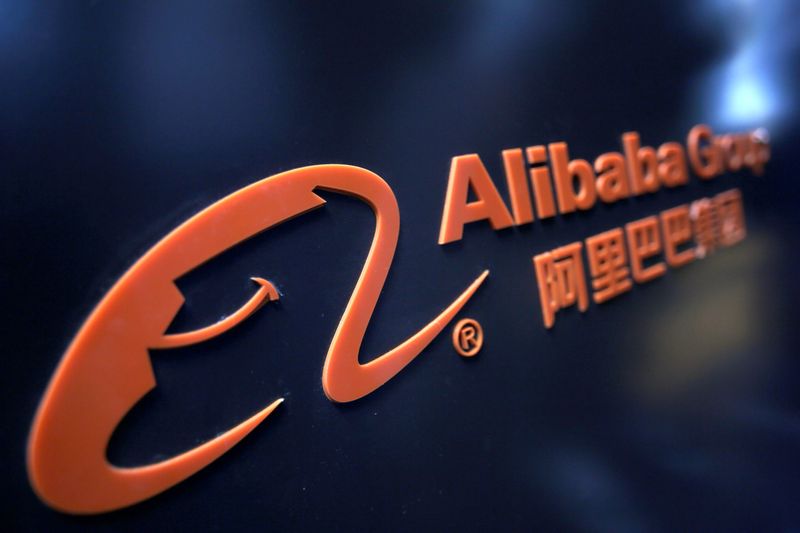HONG KONG (Reuters) - The Hang Seng Index made rule changes on Monday to allow it to incorporate Chinese internet giants Alibaba (NYSE:BABA), Xiaomi (OTC:XIACF) and Meituan Dianping (OTC:MPNGF), a move set to shake up the composition of the 50-year-old index.
The benchmark in the Asian financial hub is dominated by financial services institutions and conglomerates such as HSBC and CK Hutchison.
"There is a perception that local indices like Hang Seng aren't necessarily reflective of the opportunity set available out there," said Michael Lai, China equities portfolio manager at Franklin Templeton.
"(Inclusion) would be a reflection of how the Chinese markets, companies have developed."
Companies from Greater China with a secondary listing in Hong Kong and those with two classes of shares carrying different voting rights will be included in the index, starting from August, with a weighting cap of 5%, the index provider said in a statement.
Hong Kong's stock exchange started allowing companies to list with two classes of shares in 2018, and also streamlined secondary listings by Chinese companies listed overseas, enabling the three tech companies' entry into the market.
Alibaba, Xiaomi and Meituan - the only companies with dual-class or equivalent structures in Hong Kong - are typically among the top five stocks traded there by value each month.
Adding the three companies could drive passive fund flows of $3.7 billion into their shares, Morgan Stanley (NYSE:MS)'s analysts said in a note before the announcement. The tech trio are also eligible to join the Hang Seng China Enterprises Index.
Alibaba has a voting structure different from the other two. A small group of current and former senior managers can nominate a majority of its board. But it is likewise treated as a dual-class shares firm by the Hang Seng Indexes Company.
It is also the only one of the three with another listing elsewhere, in New York.
Other companies with dual-class shares, such as U.S.-listed internet company Baidu (NASDAQ:BIDU) and online commerce firm JD (NASDAQ:JD).Com are planning secondary listings in Hong Kong, Reuters reported this year.

The Hang Seng is tracked by $20 billion of exchange-listed products globally and $8 billion of local retirement plans, the index provider said in a consultation paper in January.